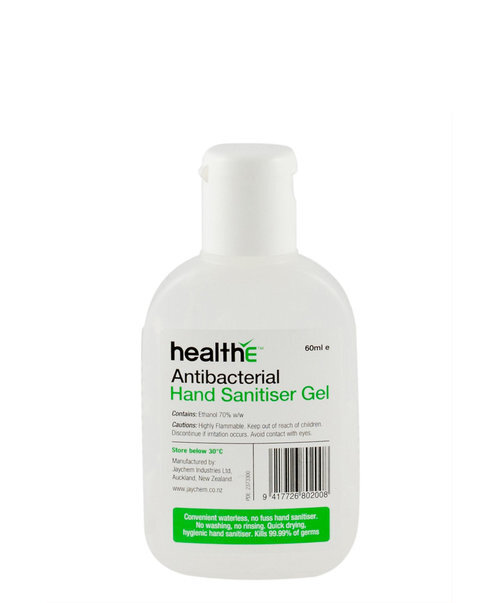WHO Guidelines On Hand Hygiene in Healthcare
WHO Guidelines on hand hygiene in Healthcare
Foreword
’Health care-associated infections affect hundreds of millions of patients worldwide every year. Infections lead to more serious illness, prolong hospital stays, induce long-term disabilities, add high costs to patients and their families, contribute to a massive, additional financial burden on the health-care system and, critically, often result in tragic loss of life.’
By their very nature, infections are caused by many different factors related to systems and processes of care provision as well as to human behaviour that is conditioned by education, political and economic constraints on systems and countries, and often on societal norms and beliefs. Most infections, however, are preventable.
Hand hygiene is the primary measure to reduce infections. A simple action, perhaps, but the lack of compliance among health-care providers is problematic worldwide. On the basis of research into the aspects influencing hand hygiene compliance and best promotional strategies, new approaches have proven effective. A range of strategies for hand hygiene promotion and improvement have been proposed, and the WHO First Global Patient Safety Challenge, “Clean Care is Safer Care”, is focusing part of its attention on improving hand hygiene standards and practices in health care along with implementing successful interventions.
New global Guidelines on Hand Hygiene in Health Care, developed with assistance from more than 100 renowned international experts, have been tested and given trials in different parts of the world and were launched in 2009. Testing sites ranged from modern, high-technology hospitals in developed countries to remote dispensaries in poor-resource villages.
Encouraging hospitals and health-care facilities to adopt these Guidelines, including the “My 5 Moments for Hand Hygiene” approach, will contribute to a greater awareness and understanding of the importance of hand hygiene. Our vision for the next decade is to encourage this awareness and to advocate the need for improved compliance and sustainability in all countries of the world.
Countries are invited to adopt the Challenge in their own health-care systems to involve and engage patients and service users as well as health-care providers in improvement strategies. Together we can work towards ensuring the sustainability of all actions for the long term benefit of everyone. While system change is a requirement in most places, sustained change in human behaviour is even more important and relies on essential peer and political support.
“Clean Care is Safer Care” is not a choice but a basic right. Clean hands prevent patient suffering and save lives. Thank you for committing to the Challenge and thereby contributing to safer patient care.
AUTHOR: Professor Didier Pittet
Director, Infection Control Programme University of Geneva Hospitals and Faculty of Medicine, Switzerland. Lead, First Global Patient Safety Challenge, WHO Patient Safety
As of the date of preparation of this document, the foregoing information is believed to be accurate and is provided in good faith. However, no warranty or representation with respect to such information is intended or given
YOU MAY FIND THESE PRODUCTS HELPFUL



